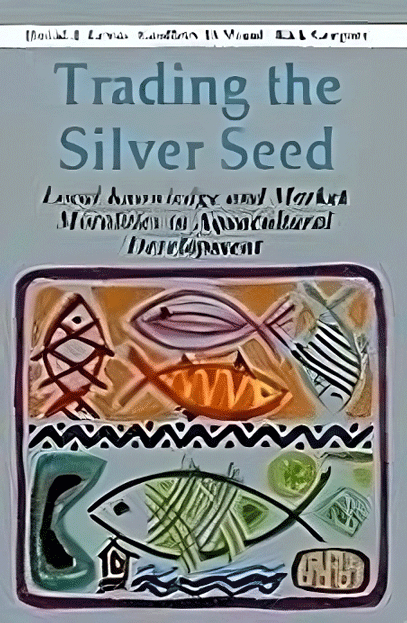
- Shop
- Development
- Trading the Silver Seed: Local Knowledge and Market Moralities in Aquacultural Development
Trading the Silver Seed: Local Knowledge and Market Moralities in Aquacultural Development
https://uplbooks.com/shop/9840513486-trading-the-silver-seed-local-knowledge-and-market-moralities-in-aquacultural-development-6395 https://uplbooks.com/web/image/product.template/6395/image_1920?unique=3a4d20c
| Language: English |
Tags :
Book Info
Trading the Over Seed is an interdisciplinary book about people and fish written by a sociologist, an anthropologist and an aquaculture scientist. Based on original research, this is the first study of social, economic and technical aspects of aquaculture in Bangladesh. The issues raised in this book are relevant to those with an interest in rural society in other countries. There are three main themes. First, instead of trying to understand rural society via the different sets of actors involved in agricultural production (e.g. landlords, tenants and labourers), the authors analyse rural society through the trading activities necessary in aquaculture. By focusing on exchange instead of production in the study of agrarian change, important new theoretical insights emerge. By uncovering the way in which diffuse, rural markets operate in rural Bangladesh and the rules and the moralities of different sets of economic transactions, a little-known layer of social and economic relations in the countryside becomes visible. Rural markets are far from perfectly competitive, as neo-classical economic paradigms often try to claim. Second, these insights also have practical implications. Whereas a purely technological, production-oriented approach to development intervention may make little impact on the rural poor (or even have negative effects), it is possible to build on existing relationships and technologies and facilitate innovative poverty-focused strategies. One such initiative, the fry trader extension strategy, is documented in this book. Finally, the study of the fish trading network demonstrates that a preoccupation with high technology quick fix solutions in development may overlook the indigenous problem-solving strategies of local people. One of the most striking examples of this is the simple yet effective transportation technology used by the economically-vulnerable fry traders, who have found ways to keep large quantities of fingerlings alive over journeys of several days by oxygenating the water by hand. Researchers working on development issues and NGO practitioners working in the field, will all finds its insights of value.

David J. Lewis
David J. Lewis is a lecturer in the Centre for Voluntary Organisation in the Department of Social Policy and Administration, London School of Economics.


